In connection with the current situation, when a huge number of people are working from home or taking some form of vacation, the European Union has called on streaming services (YouTube, Netflix, etc.) to temporarily reduce the quality of streaming content, thus easing the European data infrastructure.
It could be interest you

According to the European Union, streaming service providers should consider whether they should only offer content in "SD quality" instead of classic high definition. No one has specified whether the old 720p or the more common 1080p resolution is hidden under the "SD" quality. At the same time, the EU appeals to users to be careful about their data consumption and not to overload the internet network unnecessarily.
European Commissioner Thierry Breton, who is in charge of digital communication policy in the Commission, made it known that streaming service providers and telecommunications companies have a joint responsibility for ensuring that the functioning of the Internet is not disrupted in any way. While no YouTube representative has commented on the request, a Netflix spokesperson has provided information that the company has been working with internet providers for a long time to ensure that its services are as light as possible on the data network. In this context, he mentioned, for example, the physical location of the servers on which data is located, which does not have to travel over unnecessarily long distances and thus burden the infrastructure more than necessary. At the same time, he added that Netflix now allows the use of a special service that can adjust the quality of streaming content in connection with the availability of an internet connection in a given area.
It could be interest you
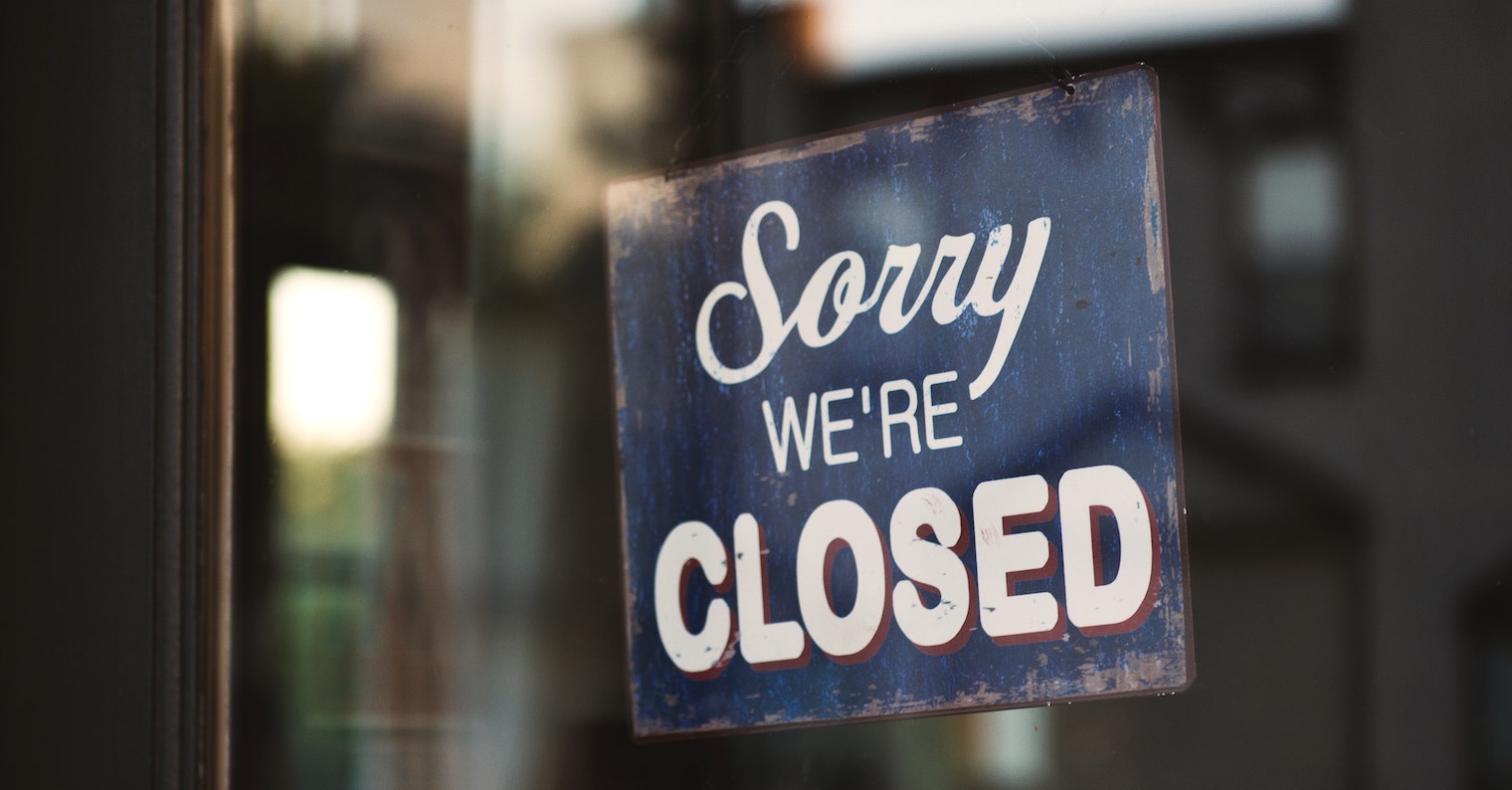
In connection with what is happening all over the world, there are many questions about whether the Internet backbone networks are even prepared for such traffic. Hundreds of thousands of people work from home today, and various (video) communication services become their daily bread. Internet networks are thus much more saturated than in the past. In addition, European web neutrality laws prohibit the targeted slowing down of certain internet services, so tens of thousands of 4K streams from Netflix or Apple TV can properly wave with the European data network. In recent days, users from many European countries have reported outages.
For example, Italy, which is the most affected of the European countries by the corona virus infection, registers a threefold increase in video conferences. This, together with the increased use of streaming and other web services, puts an extreme strain on the internet networks there. During weekends, the data flow on Italian networks increases by up to 80% compared to the normal state. Spanish telecommunications companies then warn users to try to control their activity on the Internet, or to move it outside of critical hours.
It could be interest you

However, the problems are not only related to data networks, the telephone signal also has major outages. For example, a few days ago there was a massive signal outage in Great Britain due to a huge network overload. Hundreds of thousands of users could not get anywhere. We haven't had problems of a similar nature yet, and hopefully they won't.
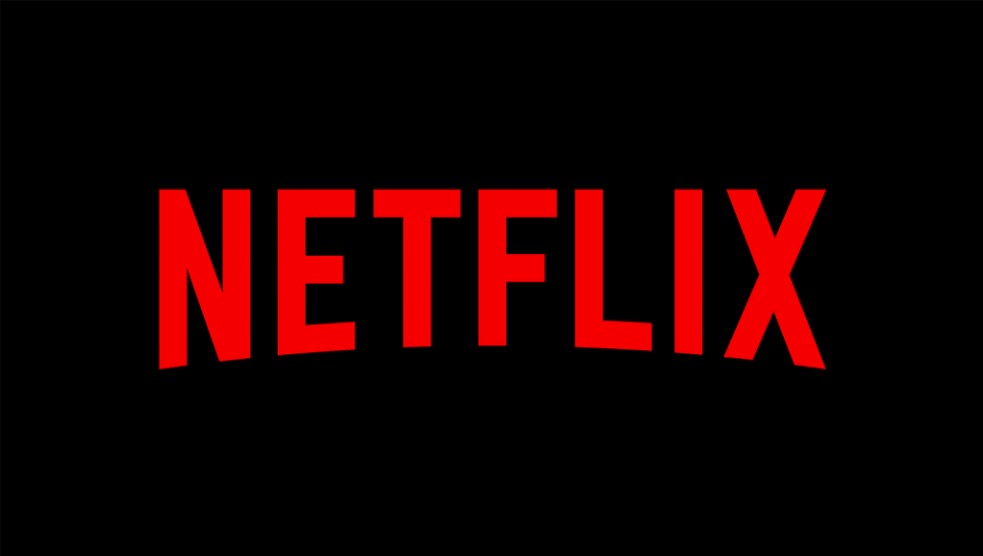
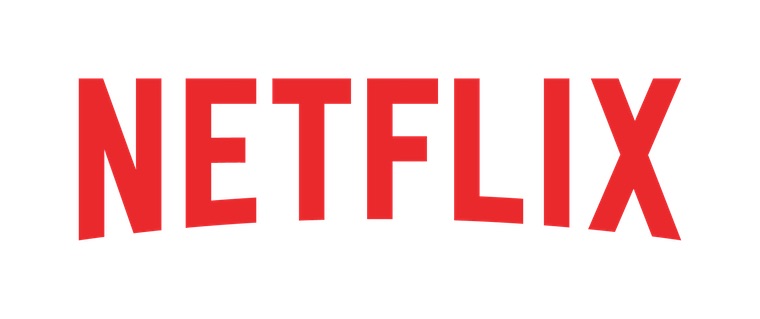
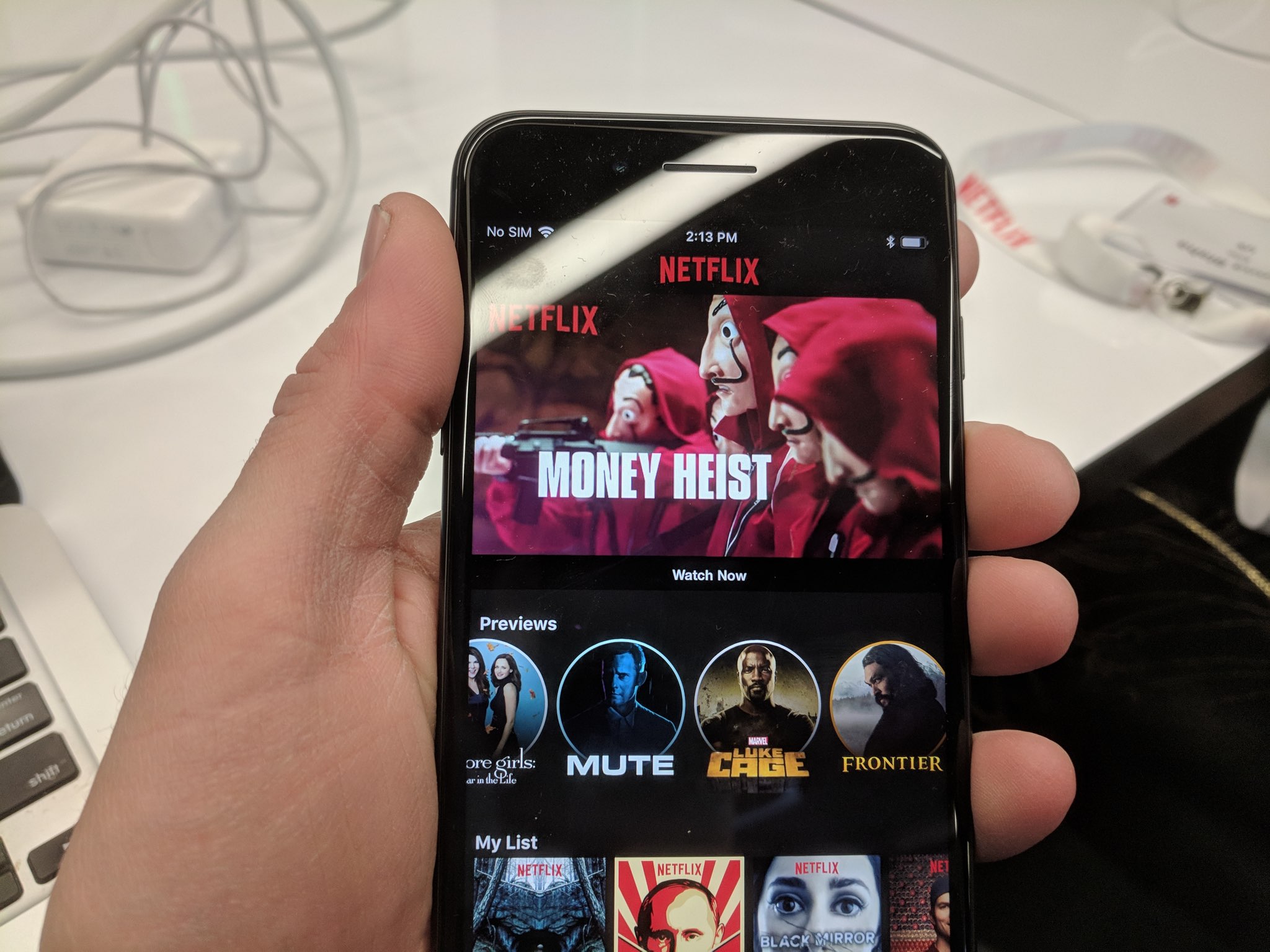

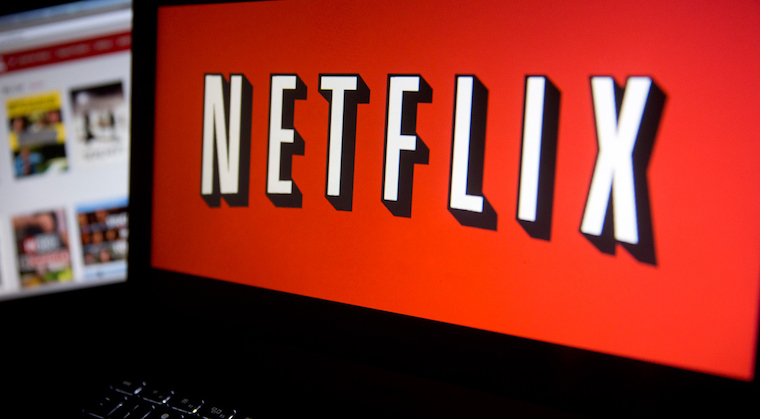

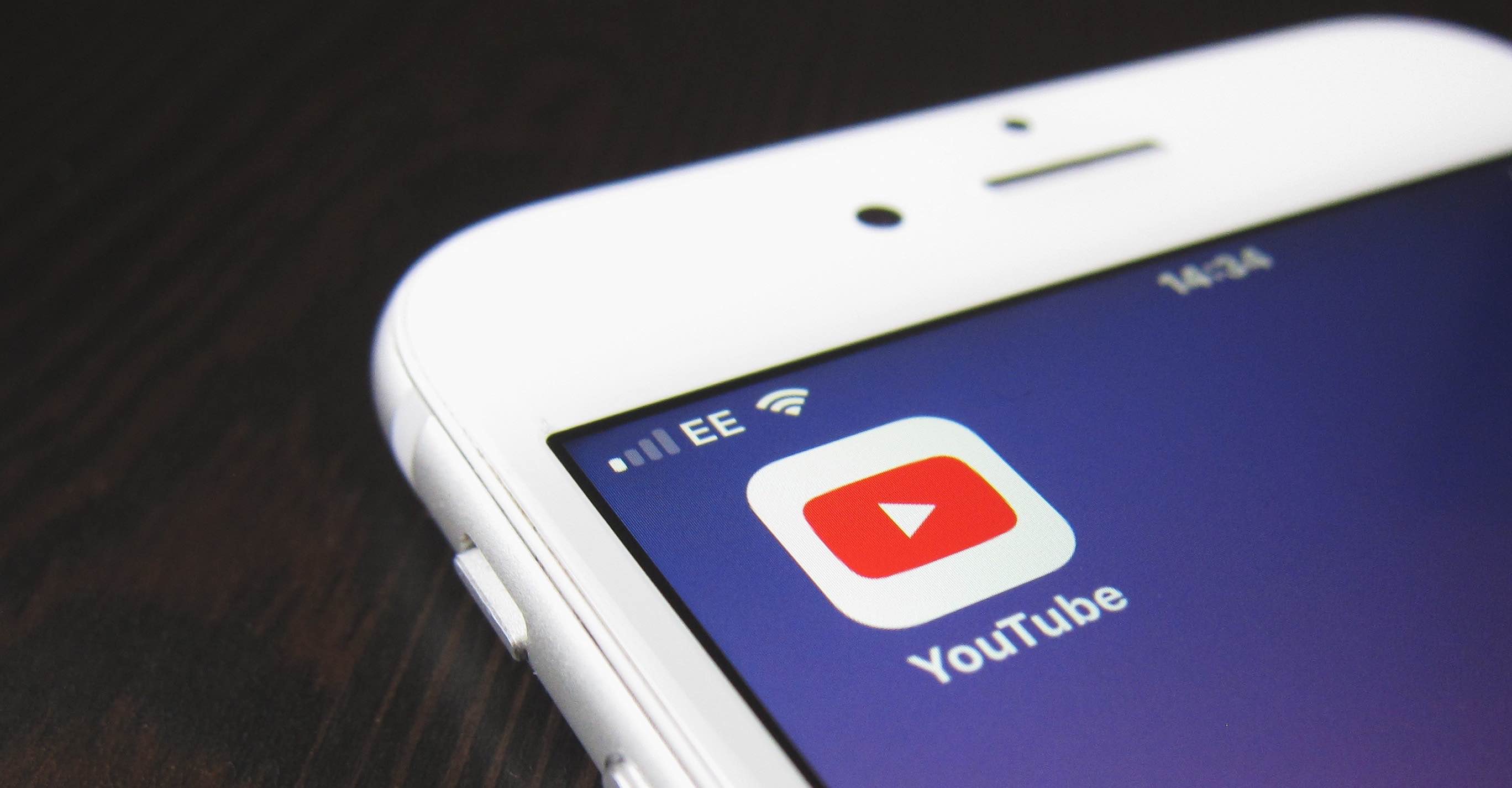
Let the whole EU go to hell... Now it's just showing what it's for. Useless. Just commands, prohibitions, and meaningless directives and everything. And when it has to take care of itself - for the first time in its history, it takes care of its citizens. And he still criticizes the steps we take. Out of the EU.
Well, the Czech Republic can take care of itself. Consider, for example, the protection of health workers from a virus that is about to hit the country. oh wait…
On the contrary. This just shows that if we want some protection in similar situations, we will have to give the EU more powers, because our politicians make big balls.
You'd better go to SPD fb, you're just embarrassing yourself here.
You understand it as a goat parsley.
SD is 480p right?
Please, I don't know what you are as "providers of stramming services".
Thank you for answer.